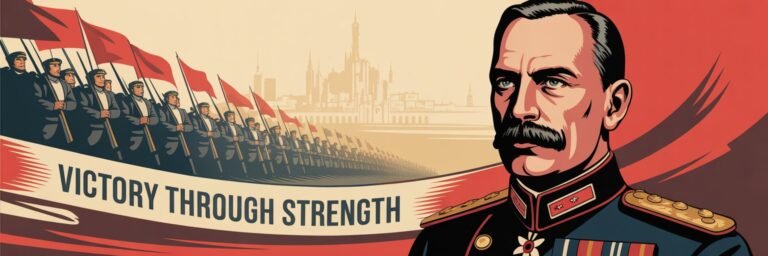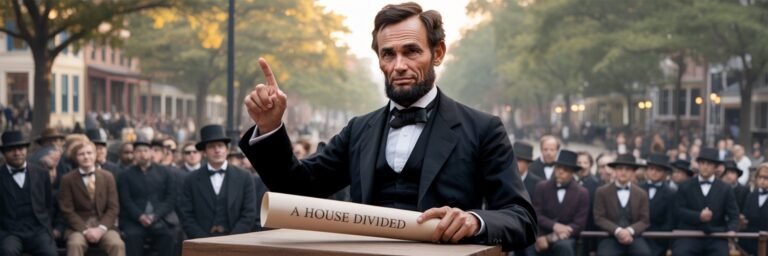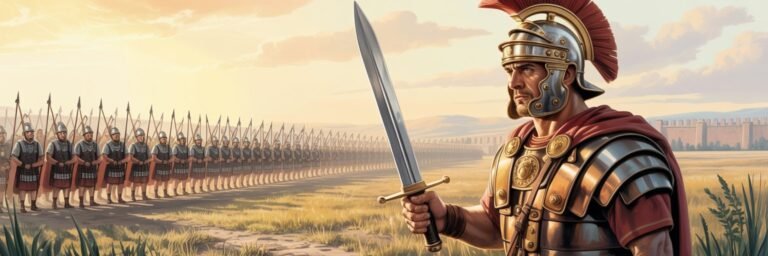INTRODUCTION
The annals of human history are marked by the emergence of powerful figures who, through strength, wisdom, or sheer courage, have indelibly left their mark on the world. These individuals, regardless of the context or epochs in which they lived, have exerted unparalleled influence over their respective eras. From conquering vast territories to advancing social reforms, they have shown extraordinary leadership and determination. Such leaders have significantly reshaped society and, in some cases, even determined the course of history itself. This article takes you through an expository journey of some of the greatest historical leaders, focusing on individuals known for their significant impact on the world.
HISTORICAL BACKGROUND
From the dawn of civilization, humans have looked towards leaders to guide them. The earliest leaders were tribal chieftains who were usually the strongest fighters. As societies expanded, leadership roles became more complex. The pharaohs of Ancient Egypt exemplified early divine leadership and were considered earthly manifestations of gods, governing every aspect of life and death.
By the time of Ancient Greece, leadership had taken a different form. Figures such as Pericles could be considered an exceptional leader for championing democracy in Athens and initiating its golden age of culture and philosophy. Many miles away in Carthage, the military genius Hannibal Barca displayed remarkable leadership to keep Roman legions at bay during the Second Punic War.
Rising from a humble background, Genghis Khan of Mongolia would establish the largest contiguous empire in world history, with his legendary leadership taking him from a homeless outcast to a warrior of an unparalleled empire.
THEORIES AND INTERPRETATIONS
Historians have long debated the qualities that make a great leader. Some believe that it is a shared combination of charisma, strategic vision, and the ability to inspire followers that makes a leader great. Others point to inherent traits such as decisiveness, resilience, and intelligence.
In this regard, Julius Caesar was a leader of historic grandeur, exhibiting unparalleled charisma and strategic vision. He ended Rome’s republic era and paved the way for the imperial age, showing firmness in decision-making and a keen strategic mind.
Alternative theories propose that great leadership arises from the perfect interaction between a person’s skills and the era they live in. In this context, the British Prime Minister Winston Churchill emerges as a leader who, in any other time, may have been less remarkable but for the world thrust into the maelstrom of the Second World War.
MYSTERIES AND CONTROVERSIES
History is also littered with moments of profound controversies around leadership figures. Their actions have often sparked heated debates among historians, making their legacies a subject of intrigue. From the alleged mass murders by Genghis Khan in his quest to conquer the world to Julius Caesar being seen as a dictator who marked the end of the Roman Republic, no leader is free from a cloud of controversy.
Alexander the Great’s sudden death and his successor’s struggle to fill the largely unfillable void that he left behind, the mystery of Queen Cleopatra’s alleged suicide involving an asp– these tales add a degree of enigma to the lives and reigns of these illustrious leaders.
SYMBOLISM AND CULTURAL SIGNIFICANCE
Leaders have always epitomized symbolic representation and cultural significance. They often embody the ideals, aspirations, and fears of a civilization at a particular moment in history. Genghis Khan, for instance, stands as an emblem of Mongolian pride and expansionism, while Joan of Arc’s legend symbolizes French national identity and the power of faith.
Queen Elizabeth I, with her steadfast determination and royal dignity, became a potent symbol of the Elizabethan Age, embodying English Renaissance and the establishment of England as a leading maritime power. Mandela’s life and leadership usher in a symbolic representation of resilience, forgiveness, and a transformative approach to racial reconciliation.
MODERN INVESTIGATIONS
In light of new evidence and more nuanced understanding, contemporary historians often reassess the impact and qualities of historical leaders. Modern explorations of leadership have increasingly focused on leaders’ soft skills, including communication, along with their decision-making skills and vision.
Emperor Ashoka of the Mauryan Empire in India, recognized for his commitment to non-violence and welfare of his subjects after converting to Buddhism, has seen a resurgence in international scholarship. Moreover, modern reconsiderations of Cleopatra reveal her not just as Caesar’s lover but as an astute and capable leader in her own right.
LEGACY AND CONCLUSION
The towering figures of history continue to shape our perceptions of leadership. Even today, students of leadership look to these great leaders for lessons, identifying qualities that worked in one era, thinking of ways in which they can be adapted to another. No two leaders are the same, but their legacies inspire similar feelings of awe and respect.
From Caesar’s masterful strategy to Churchill’s inspiring rhetoric, from Mandela’s resilient spirit to Ashoka’s commitment to peace, these personal qualities have echoed down the corridors of time to shape definitions of leadership.
As we gaze upon the enormous canvas of history with its multitudes of leaders, one thing becomes increasingly clear, the greatness of these leaders lies not only in their victories but also in the eternal values of courage, wisdom, and vision they championed. They remain, forever etched in the annals of human history, guiding us towards a more enlightened understanding of what leadership truly signifies.





